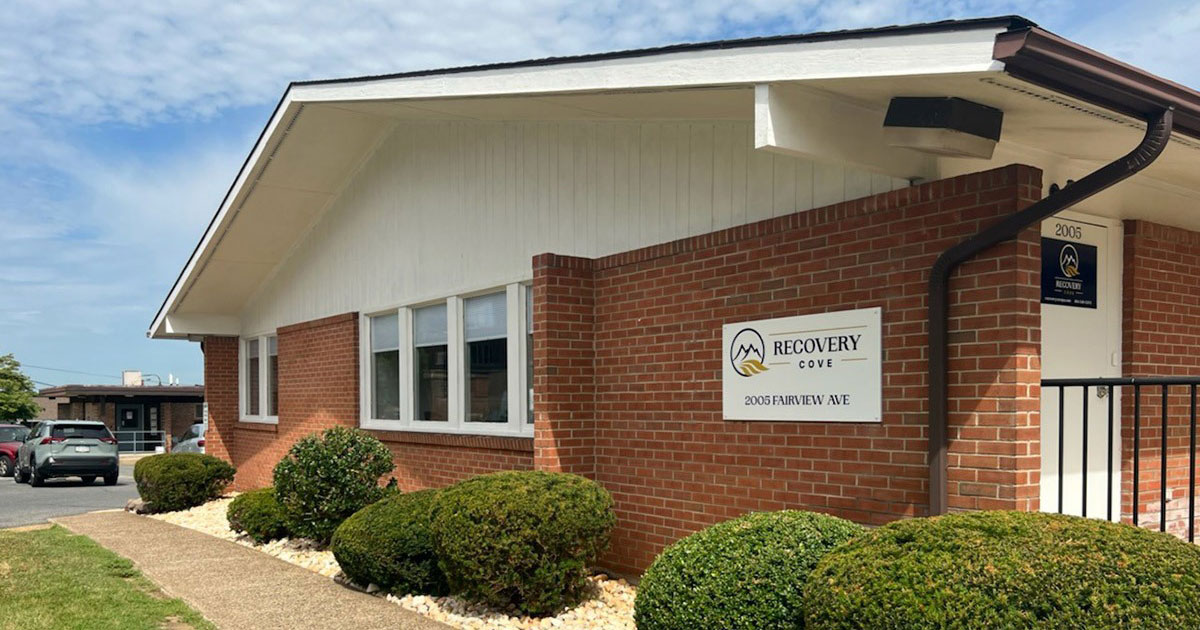How Does Trauma Play a Role in Addiction?
Trauma refers to a mental and emotional disturbance that occurs in response to a traumatic life event or an ongoing exposure to traumatic situations. Difficulty coping with these events can cause denial or shock. It can also create lasting issues such as headaches, nausea, and anxiety. Trauma can cause erratic behavior, emotional responses, and the desire to numb or avoid the ongoing trauma response.
The inability to recover from trauma can lead to devastating depression, anxiety, panic attacks, addiction, and other mental health issues. Struggling with the repercussions of trauma can make it difficult to maintain relationships with others, and people may develop poor self-esteem and an inability to function in society. Trying to cope with trauma is a common gateway to developing a substance use disorder, and thus, trauma therapy is an extremely important component of the recovery programs here at Recovery Cove.
Substance use can be linked to trauma in a number of ways since the way trauma can be experienced varies so drastically from person to person. Some individuals understand that they were victims of or witnessed a traumatic event. Other individuals may have repressed memories and don’t immediately recognize why they may have turned to substance use to deal with the fallout from the traumatic event. In either case, addiction often starts with the need to self-medicate or numb the pain experienced physically, mentally, or emotionally. Substances such as drugs or alcohol can provide a temporary escape from the realities of trauma. However, this feeling is fleeting.
Trauma can impact how a person responds emotionally and behaviorally in various circumstances. Trauma therapy helps you to understand the connection between the experienced trauma and the ways you have tried to cope.
Trauma Therapy in Addiction Recovery
Trauma recovery is a therapy program created to help people with substance use disorder face the repressed or realized traumatic experiences that led to substance use. The process can be difficult, as it leads you to face experiences that are likely painful. However, facing these memories is the best way to find a sense of resolution.
While most traumatic events occur at an external level, people often internalize blame, shame, or guilt about the experience. Internalizing this trauma can lead to lifelong issues and a higher risk of developing a harmful relationship with substances. Trauma therapy at Recovery Cove provides you with the means to explore these internalized feelings, address any resulting mental health issues and negative behaviors, and allow true healing to begin.
At Recovery Cove, we focus on individualized treatment programs designed to address every aspect of a person, not just the symptoms of SUD. While day-to-day elements of your treatment may vary, there are general expectations you can expect before entering trauma therapy.
For example, it’s important to know that trauma therapy is not an easy process. Some clients enter our program having never addressed or even verbalized the source of their trauma. Tackling these issues and the complex issues that manifest from trauma and SUD is not a simple task.
However, as a client at Recovery Cove, you can expect a safe environment in which you can explore past traumatic events and accept the role trauma played in the decisions you made in the time that followed. A trauma therapist can help you learn about and process past trauma, use what you’ve learned to function in the present and develop tools to become empowered to deal with stressors in the future. Facing the trauma head-on with a trained professional to provide guidance and support can provide lasting healing, which in turn helps to minimize the risk of relapse.
It is important to understand that trauma is a deep-rooted issue that can be exacerbated by mental health issues and substance use disorders and can also help cause mental health issues and substance use disorders. Many individuals turn to harmful substances such as drugs or alcohol to cope with the repercussions of these issues. Addressing the way trauma impacts a client physically, emotionally, and mentally is a vital part of the recovery process.
That’s why the recovery program here at Recovery Cove addresses the individual as a whole. This means examining and addressing more than just substance use and its symptoms. Successful treatment approaches provide emotional, psychological, and physical support. This helps clients develop a better sense of control when it comes to handling situations, people, or events that could trigger the traumatic response and the substance use that so often follows.
Trauma and addiction can both impact the way you may respond to various events in life. Trauma therapy can help you learn more about the disordered responses you’ve had to life events and discover what normal responses look and feel like. This helps you understand why your current emotional responses differ and how you can respond more positively in the future. In this way, trauma therapy can boost self-esteem, improve your relationships with others, and decrease your chances of relapse.
Trauma and addiction can leave you feeling isolated, which can lead to self-destructive behaviors and the inability to develop meaningful relationships and healthy habits. Trauma therapy can help you understand that you are not alone. This can help inspire you to stick to the program and strive for lasting recovery. It also serves as a great reminder that support is always within reach.











